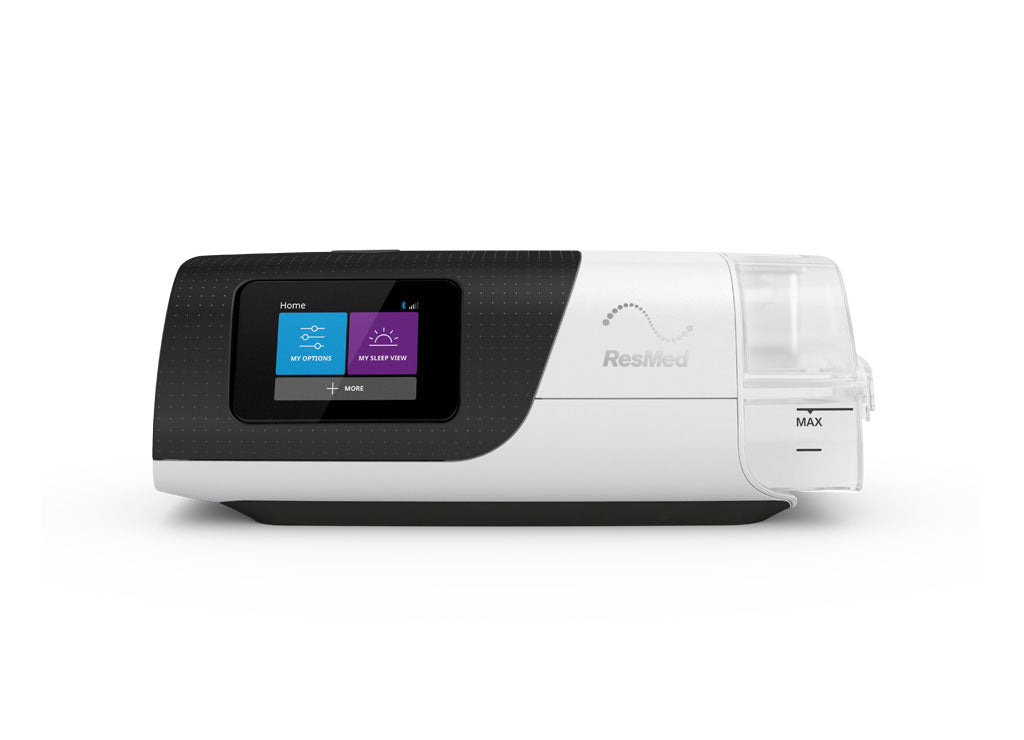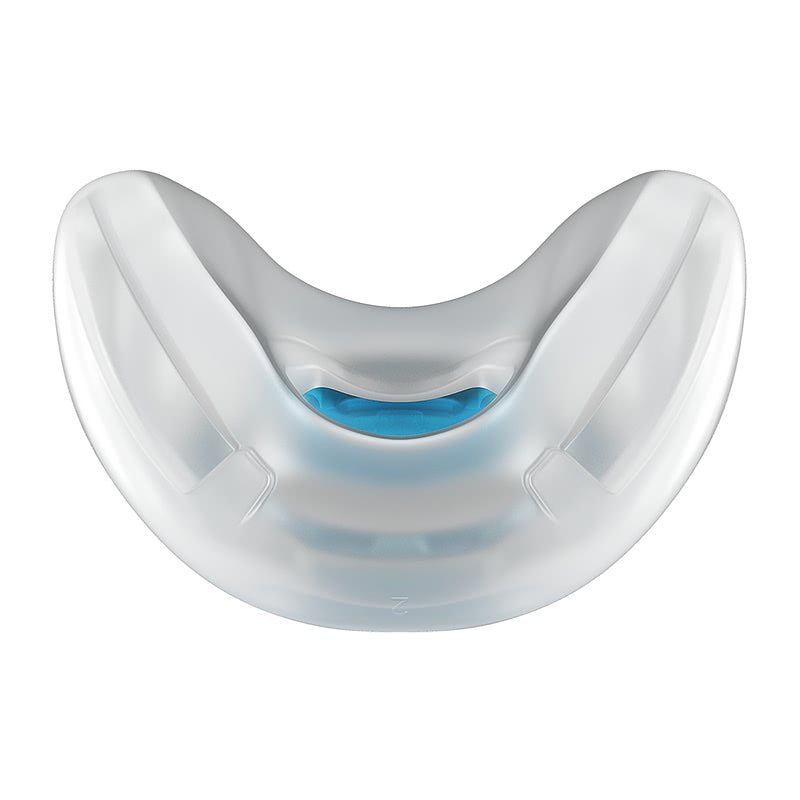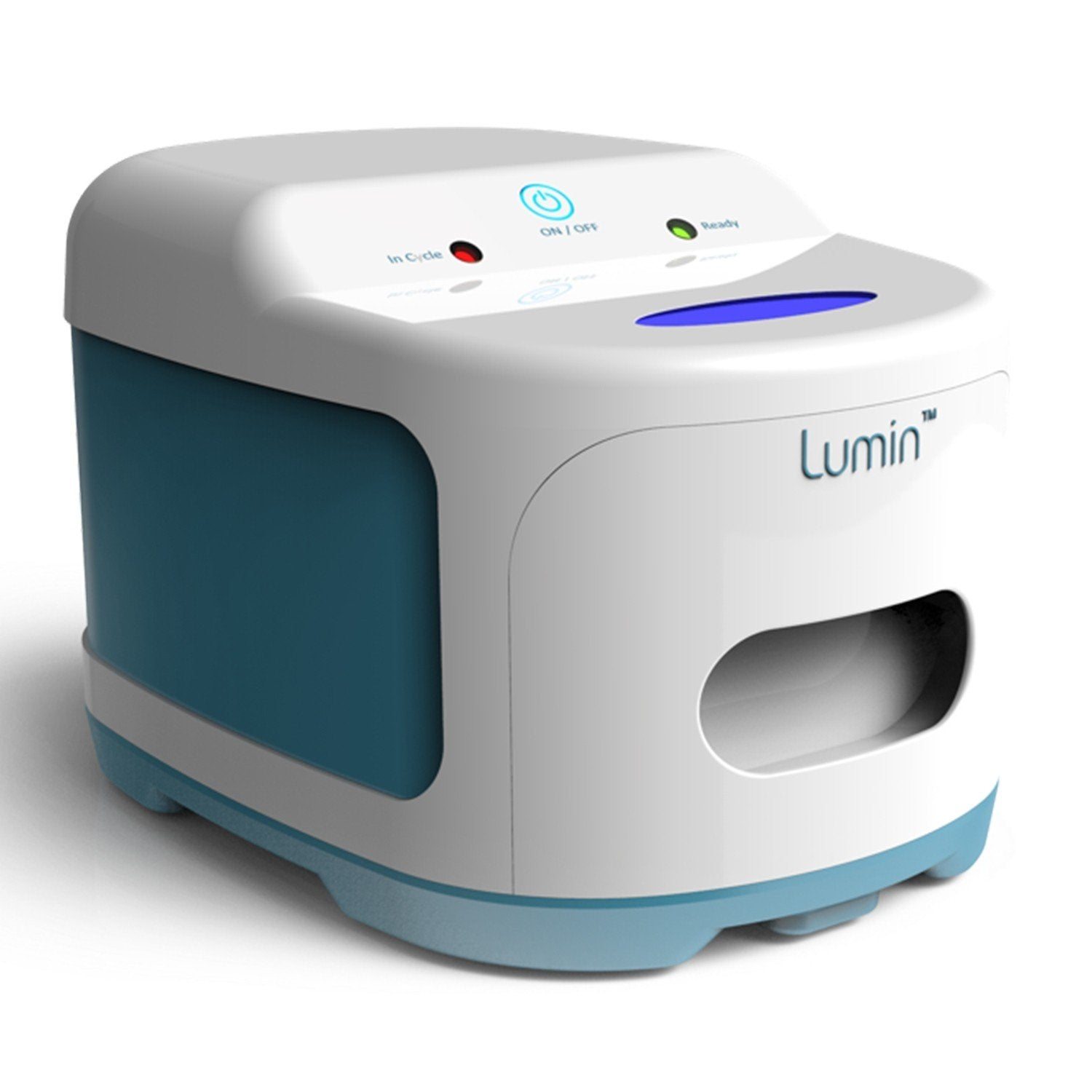
Diabetes and sleep apnea
Share
Diabetes and sleep apnea are strongly associated with one another. Clinical research shows that as many as 48% of people diagnosed with type 2 diabetes have also been diagnosed with sleep apnea.1 Even more striking, researchers believe that 86% of obese type 2 diabetic patients suffer from sleep apnea.2
What does that mean? Although these statistics don’t necessarily prove that diabetes causes sleep apnea (or vice versa), it’s clear that there’s a real medical connection here – one which the medical community has been exploring for decades. It also means that if you’ve been diagnosed with Type 2 diabetes, you may want to consider paying close attention to the risk factors of sleep apnea.
“Based on the current evidence, clinicians need to address the risk of OSA [obstructive sleep apnea] in patients with type 2 diabetes,” advise the authors of a 2008 study published in the journal Chest, “and, conversely, evaluate the presence of type 2 diabetes in patients with OSA.”3
Diabetes and sleep apnea: What’s the relationship?
Of course, despite the numerous research articles published on the association between sleep apnea and diabetes – and there are a lot – researchers still don’t know exactly what causes this connection. And it hasn’t been proven in specific terms whether one condition directly causes the other.
In fact, a 2005 study published in the American Journal of Respiratory and Critical Care Medicine attempted to find out “whether an independent relationship” existed between type 2 diabetes and sleep-disordered breathing.4 Looking for an “independent relationship” means that researchers hoped to discover the secret behind the connection between sleep apnea and diabetes and why so many people have both conditions.
Unfortunately, that study was inconclusive, and the real source of the connection between sleep apnea and diabetes remains unknown. Although, combined evidence from population and clinical-based studies suggest there is an independent association between OSA and type 2 diabetes, highlighting the importance of considering each of these two diseases if you have one of them.3
Diabetes and Sleep Apnea: Awareness and prevention
We can’t say that if you have sleep apnea, you’ll get diabetes, or vice versa. But with such a large overlap between these two conditions, it’s sensible to suspect that if you do have one of these conditions, your likelihood of developing the other is increased.
That means paying extra close attention to the risk factors for diabetes if you have sleep apnea, and making sure you’re doing all you can to ensure healthy sleep if you happen to be diabetic.
Even health professionals are on the lookout for the connection. The international Diabetes Federation Taskforce on epidemiology and Prevention strongly recommends that health professionals working in both type 2 diabetes and SDB adopt clinical practices to ensure that a patient presenting with one condition is considered for the other.”




